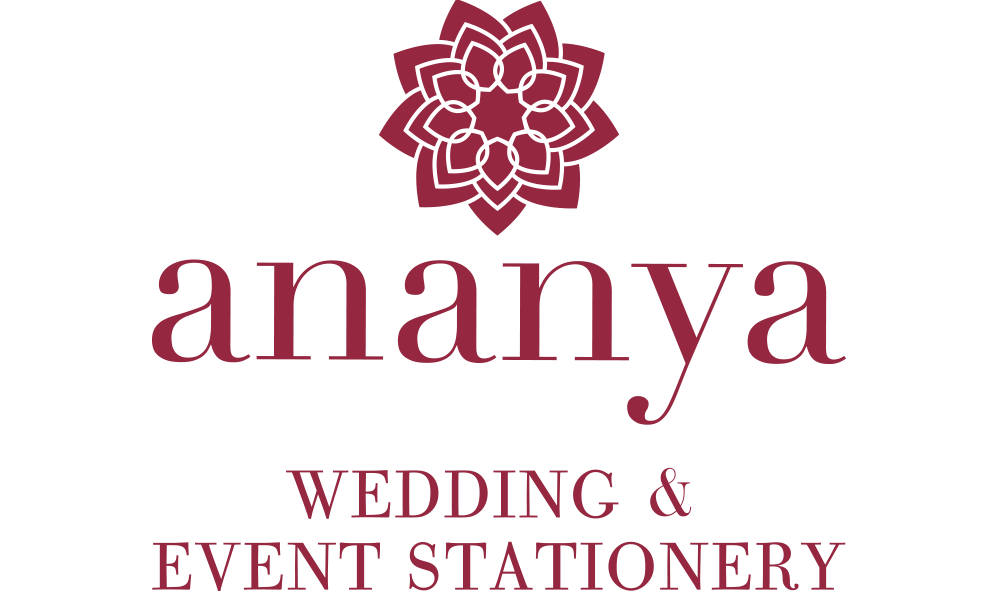The paisley pattern, known as mankolam in India, or mango pattern, stands out as one of the most easily recognisable motifs in the world. It was created in the 1500s in Persia (now known as Iran) and used to decorate royal regalia. The intricate tear shaped pattern made its way to Europe thanks to the East India Trading Company as they imported products from India. The design gained its English name from the town of Paisley, Scotland, where, in the 1800s, weavers became the primary producers of paisley patterned shawls. In the 1960s and 70s paisley made a comeback as it represented the Bohemian culture of the time. John Lennon even had his Rolls Royce custom painted in a paisley pattern!
Once again, paisley has come roaring back into fashion, with many of the major fashion designers showcasing an array of paisley themed pieces in their autumn/winter collections, such as in the Etro ready to wear collection. Paisley is set to continue through spring and summer, with many designers gaining their inspiration from the 70s, creating whimsical, bohemian inspired pieces. Anna Sui’s spring collection included multicoloured paisley patterned dresses and leggings, while Emilio Pucci has mixed paisley prints with beautiful psychedelic colours and chiffon materials to create light, floaty dresses perfect for the summer.
Paisley really is a very versatile design, so it is no surprise that it has lent brilliantly to many of the bespoke wedding stationery we create at ananya. We have found that the paisley motif is not only an elegant and vintage design but that it is also rich in spiritual significance. In Indian culture, the paisley signifies the time of harvest and prosperity. In Oriental traditions, the two paisleys represent the yin-yang symbol, a sign of equilibrium and balance. The flow of the two polar energies, Yin (Female) and Yang (Male), seek balance in the natural flow of the universe, constantly replacing each other and eventually, becoming each other. The paisley thus makes a wonderful motif to symbolise the union of two individuals in a marriage!
Until next time...Namaste and enjoy ananya life!

